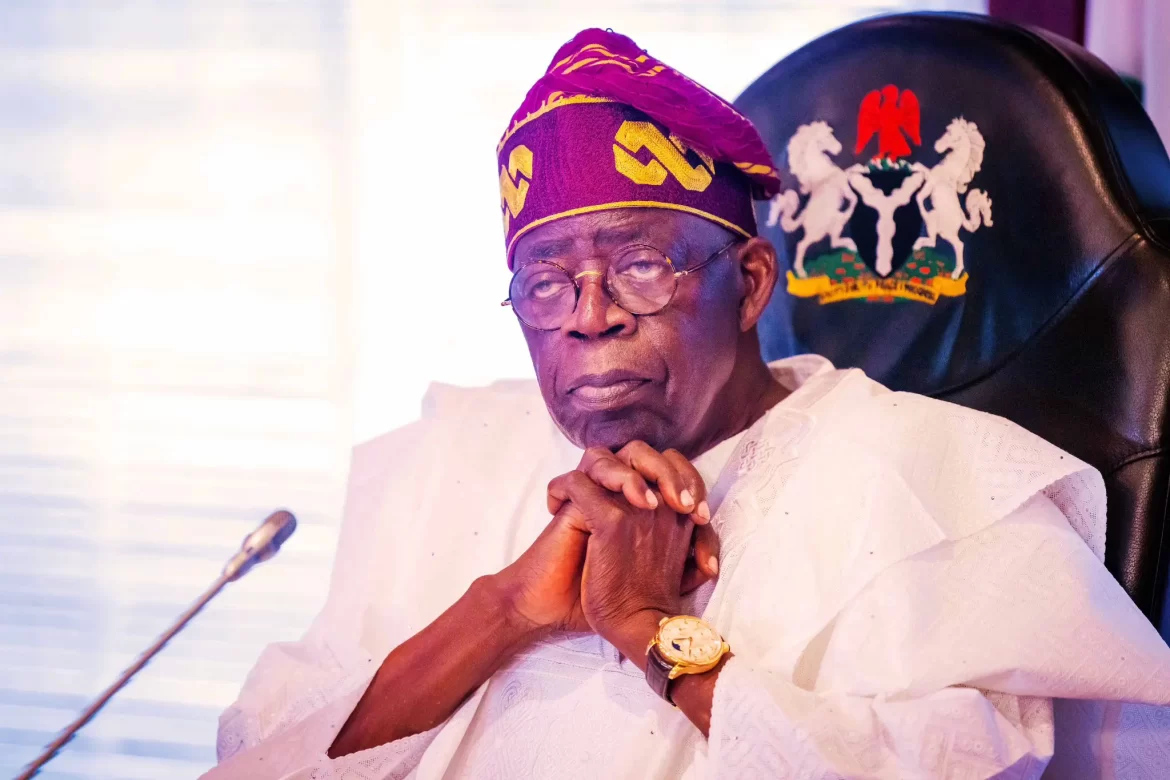1.5K
By Lizzy Chirkpi
While the President Bola Tinubu-led administration may have favourable assessment even from international organizations on the running of the economy, slow budget implementation has raised a cause for concern.
With less than three months to the end of the 2025 fiscal year, President Bola Tinubu is yet to transmit the 2026 budget proposal to the National Assembly, raising concerns among lawmakers about delayed budget cycles, slow implementation, and poor fiscal discipline within the executive arm.
Lawmakers’ concerns were further amplified during a recent closed-door meeting between the House of Representatives Committee on Appropriation and the Minister of Finance, Wale Edun, alongside his Budget and Economic Planning counterpart, Atiku Bagudu, where lawmakers queried the slow pace of the 2024/2025 budget implementation and the uncertainty surrounding the next fiscal year’s proposal.
The meeting, chaired by Hon. Abubakar Bichi (APC, Kano), was convened to review the performance of the ongoing budget cycles and evaluate the federal government’s adherence to budget execution timelines.
Speaking after the session, Bichi admitted that members were “seriously concerned” about the sluggish pace of implementation.
“Nigerians are really concerned about budget implementation,” he said. “The ministers have promised to work harder so that at least Nigerians can see tangible progress before the end of the year.”
When asked about the presentation date for the 2026 budget, the lawmaker said bluntly:
“I honestly don’t know.”
Despite acknowledging ongoing efforts, Bichi stressed that delays in the procurement process and funding releases had hindered execution. “The 2025 budget was signed into law in February, and the procuring process takes time,” he explained. “They will start implementing it as soon as possible.”
Finance Minister Wale Edun, who led the executive team to the meeting, maintained that implementation of the 2024 budget was “ongoing,” insisting that about 80 percent of the fiscal plan had been executed.
“As you know, the 2024 budget was extended till December, so it is still running,” he said. “We are focused on grassroots projects on roads, irrigation, and infrastructure that will have a direct impact on Nigerians.”
However, lawmakers such as Hon. Clement Jimbo (APC, Akwa Ibom), Deputy Chairman of the House Committee on National Planning and Economic Development, has taken a more critical stance.
In an exclusive interview with pointblanknews.com, Jimbo expressed deep concern over what he described as the “perplexing” state of Nigeria’s fiscal management.
“It is October already, less than three months to the end of the year, and the 2026 budget is yet to be presented,” he said. “Meanwhile, the 2025 budget is less than 30 percent implemented in its capital component. This is not healthy for any economy.”
Citing the Fiscal Responsibility Act of 2007, Jimbo noted that the executive is legally required to present the budget at least four months before the end of the current fiscal year.
“The law is clear, the budget should be before the National Assembly by now,” he stressed. “We need ample time to scrutinise the performance of MDAs (Ministries Departments and Agencies) and conduct oversight in line with Sections 88 and 89 of the Constitution.”
Jimbo lamented that the poor release of funds to Ministries, Departments and Agencies (MDAs) had rendered the oversight function of parliament “largely ineffective.”
“You can only oversee what has been implemented,” he said. “If MDAs don’t receive capital funds, there’s practically nothing to oversight except salaries and diesel expenses.”
The lawmaker also questioned the integrity of the budget preparation process, calling for professional input and transparency in estimating project costs.
“We often see glaring disparities in allocations for example, N20 million for 10 kilometres of road in one budget, and N150 million for two kilometres in another. Who prepares these figures? Are they professionals?” Jimbo queried.
He added that many projects remain abandoned due to unrealistic budgeting and duplication of items across MDAs.
“Why must we buy vehicles, laptops, and furniture every year?” he asked. “If we clean the budget to reflect only what is truly needed, we will achieve better results.”
While the finance minister assured lawmakers of continued collaboration and “faithful” implementation, the absence of a clear communication from the presidency on the 2026 budget timeline has cast doubt on Nigeria’s ability to maintain a stable fiscal calendar one of the key goals of the much-touted “January-to-December” budget cycle.
As Jimbo put it, “Failure to implement the budget to the letter is at the detriment of the Nigerian people, because that is where the dividends of democracy lie. When capital projects are not executed, you deny citizens jobs, empowerment, and development.”
With lawmakers’ patience wearing thin, and the fiscal year fast winding down, all eyes are now on the executive to act swiftly not only to salvage the credibility of the 2025 budget but also to ensure the timely presentation of the 2026 appropriation bill.



